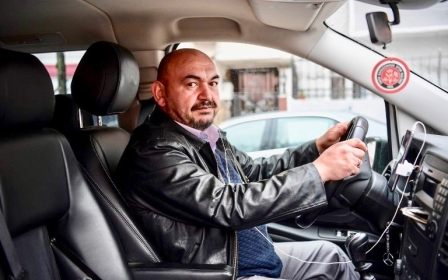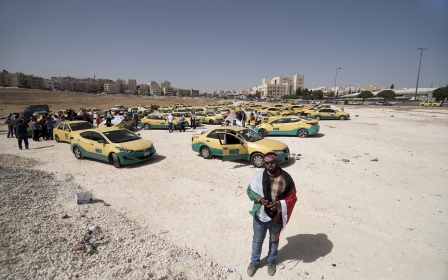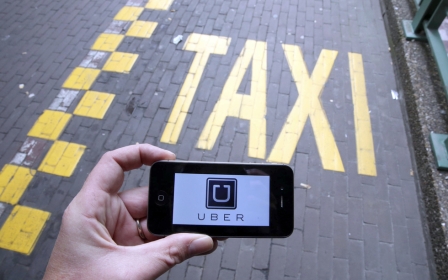Egypt's top administrative court lifts ban on Uber, Careem ride-hailing services

Egypt's top administrative court on Saturday lifted a ban on operations by ride-hailing companies Uber and Careem, which have faced fierce opposition from traditional taxi drivers, a judicial source and lawyer said.
A lower administrative court withdrew the permits of US-based Uber and its main rival, Dubai-based Careem, in March 2018 after 42 taxi drivers filed suit, arguing the apps were illegally using private cars as taxis and were registered as a call centre and an internet company, respectively, Reuters reported.
Uber and Careem filed appeals against the suspension and secured a ruling in April allowing them to operate, pending a verdict by the higher court, AFP reported. Saturday's decision is final and cannot be appealed.
Uber has faced repeated regulatory and legal setbacks around the world amid opposition from traditional taxi services. It has been forced to quit several countries, including Denmark and Hungary.
New MEE newsletter: Jerusalem Dispatch
Sign up to get the latest insights and analysis on Israel-Palestine, alongside Turkey Unpacked and other MEE newsletters
Still, in June, President Abdel Fattah el-Sisi ratified a law regulating their work.
Last week, Uber reached an agreement with the Egyptian Tax Authority to pay value-added tax (VAT), which Careem said it had been paying since March 2018.
Many Egyptians have switched to using Uber and Careem, citing inappropriate behaviour and the refusal to use meters by some taxi drivers.
With a population of 100 million, Egypt is considered to be one of the largest markets for Uber and Careem.
Uber says it has had four million customers in Egypt since launching there in 2014 and plans to invest about $100m in the country over the next five years.
In December, Careem launched a bus service in Cairo to help with mobility around the traffic-choked city, which is home to more than 20 million people.
Middle East Eye delivers independent and unrivalled coverage and analysis of the Middle East, North Africa and beyond. To learn more about republishing this content and the associated fees, please fill out this form. More about MEE can be found here.




